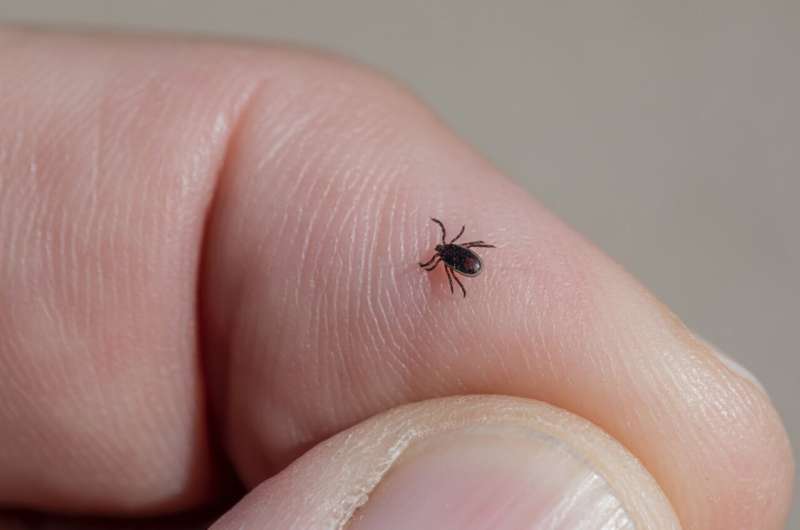'One and done': A single shot at birth may provide long-term HIV protection for children

A new study reveals that a single gene therapy shot administered at birth can protect children from HIV for years, offering a promising strategy to reduce mother-to-child transmission in high-risk regions.
A groundbreaking study published in Nature suggests that administering a single gene therapy injection to newborns could offer protection against HIV that lasts for years. The research highlights a critical early-life window when the immune system's natural tolerance makes it an optimal period for effective treatment. The study, conducted on nonhuman primates, found that those treated within their first month of life remained protected from HIV for at least three years without needing additional doses. In contrast, subjects treated between 8 to 12 weeks showed less effective acceptance of the therapy, likely due to a more developed immune system.
This approach involves using a harmless virus called adeno-associated virus (AAV) to deliver genetic instructions to muscle cells—long-lived cells capable of producing broadly neutralizing antibodies (bNAbs) capable of fighting various HIV strains. This eliminates the need for repeated infusions, a major challenge in low-resource settings. The treatment was especially well tolerated by newborns, with high levels of protective antibodies generated and sustained over time.
The strategy not only promises a more cost-effective and feasible way to prevent mother-to-child HIV transmission but also could fill the gap in healthcare access, as follow-up visits are often limited in high-risk areas like sub-Saharan Africa. The study also reveals that prior exposure to antibodies before birth may improve acceptance of the therapy in older infants, reducing immune rejection.
While promising, further research is necessary to determine if these results translate effectively to human infants, given differences in immune system maturity and the variety of HIV strains. Nonetheless, this innovative approach could revolutionize efforts to eradicate pediatric HIV and potentially be adapted to combat other infectious diseases such as malaria.
Stay Updated with Mia's Feed
Get the latest health & wellness insights delivered straight to your inbox.
Related Articles
Low-Dose Radiation Therapy Shows Promise for Knee Osteoarthritis Relief
A groundbreaking clinical trial reveals that low-dose radiation therapy can significantly reduce pain and improve function in patients with knee osteoarthritis, offering a safe alternative for those seeking less invasive treatment options.
Addressing Rising Tick Populations to Protect Communities
Researchers from Brock University are monitoring rising tick populations across Ontario to assess health risks and prevent tick-borne diseases through community awareness and prevention strategies.
Majority of Americans Believe Alcohol Is Harmful to Health: New Poll Findings
A new Gallup survey shows that most Americans now view moderate alcohol consumption as harmful, with declining drinking rates and increased awareness of health risks. Learn more about the changing perceptions and health implications of alcohol use.
Link Between Bone Medications and Serious Jawbone Disease Identified
New research reveals a significant link between antiresorptive bone medications, especially denosumab, and the risk of developing osteonecrosis of the jaw, highlighting the importance of careful management and oral health monitoring.



